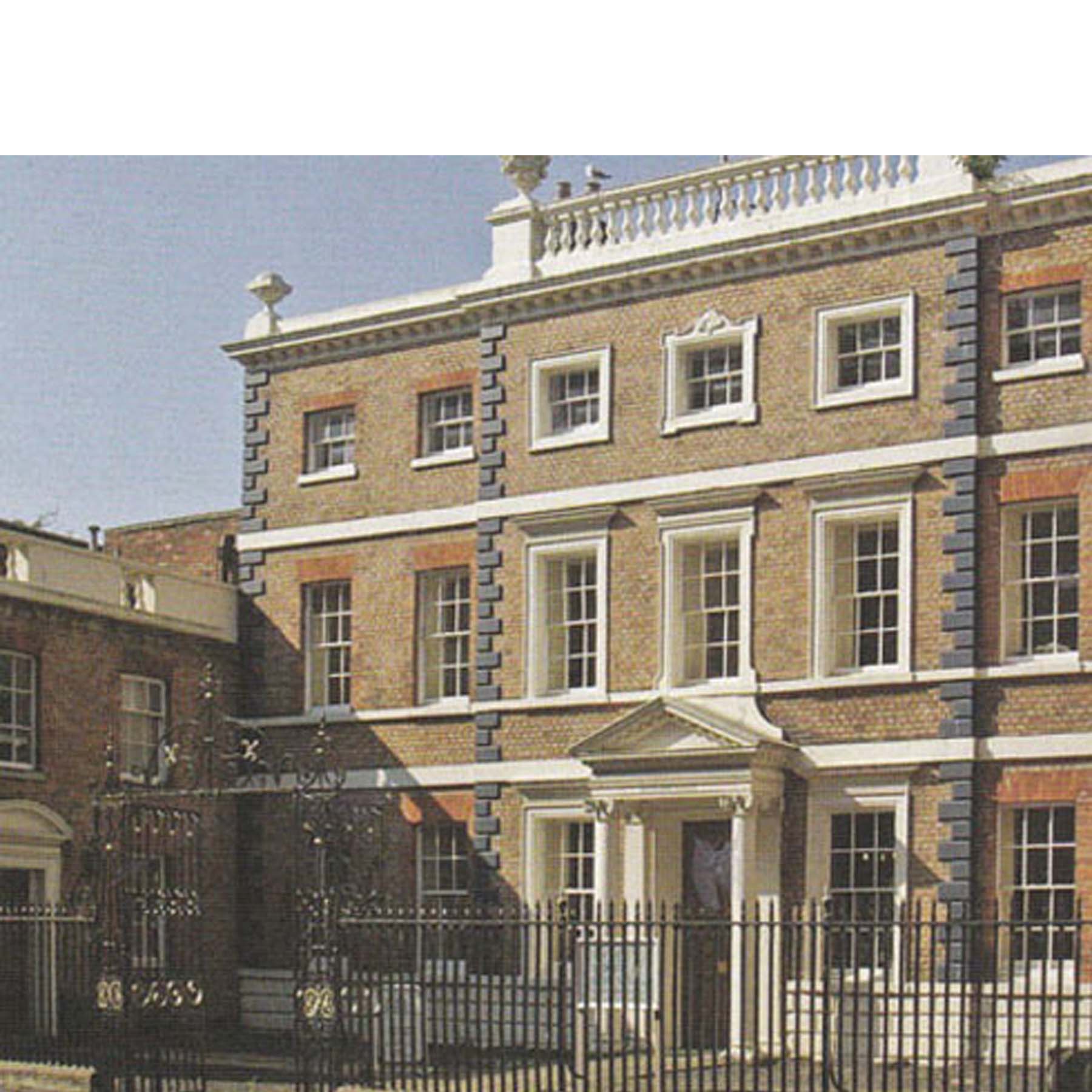
Making the most of making in the UK – Drapers
The old chestnut – or hot potato – of country-of-origin labelling was raised this week at the launch of a report into UK manufacturing by the British Fashion Council and other interested parties.
Glasgow Caledonian University and Oxford Economics conducted the research with 137 (so far unidentified) UK manufacturers, mainly clothing producers, augmented by a few footwear and accessories firms.
In a cogent and passionate explanation of some of the findings, Professor Christopher Moore of GCU raised the point that often Made in the UK merchandise is not identified as such. There is no standard definition for what constitutes British manufacture, of course. I have heard plenty of complaints from domestic producers that rivals bend the interpretation of the phrase, so something that is only finished or sewn together from foreign-created components is branded, somewhat misleadingly, with the British-made designation.
Another good point Moore highlighted was that many UK factories only deal with UK clients. He rightly suggested that the owners seem not to be aware of a latent foreign customer base. He pointed out that many producers are hard to find, lacking even a basic website. Funnily enough, the BFC could not supply Drapers with a list of the 137 firms reviewed because so many had asked for anonymity. Bit of a problem!
The report was jointly commissioned by UK Fashion & Textile Association, Creative Skillset and Marks & Spencer, a BFC patron. M&S is still possibly the largest customer for UK-made clothes and textiles and it must be congratulated for its generous support for this latest research.
M&S has, additionally, invested a great deal of management time and financial margin in its Best of British programme that offers garments made in the UK of British cloth. John Lewis is another major retailer that has backed up rhetoric with positive action to support and promote domestic makers in its stores and on its website.
As you would expect from a BFC-sponsored initiative, the report was, and I quote, “born out of the challenges faced by designers in finding the right production partners in the UK and the concerns around the long-term viability of the existing units”. The 52-page report is entitled High-end & Designer Manufacturing and was meant to serve the interests of the companies that take part in London Fashion Week, but my view is that a huge proportion of UK makers are “high end” simply because of the high fixed costs of manufacturing here. So, in that case, the report ought to be studied by anyone with an interest in maintaining the manufacturing skills we are fortunate to have and encouraging the next generation of young people to join the industry.
Most welcome too was the call for a co-ordinated approach to this important work. A steering group has been formed by the BFC and its partners. Lorna Fitzsimons of northern-focused The Alliance Project, Lord Alliance’s initiative to create jobs in textile manufacturing, is joining it to try and get a linked-up strategy and avoid duplication of effort. I could see the benefit of other interested agencies like Scottish Textiles and the British Footwear Association being asked to get involved. (NB: It might help matters if The Alliance Project got itself a website too…)
I sense a genuine momentum building up to support and promote UK manufacturing and that is a very good thing. If we don’t use it, we will lose it.
The report is encouraging and well due as the Made in UK label has without any doubt been bogus in many cases in the last decade. Having stayed loyal to making our shirts in England since we started in 1990, and manufacturing ourselves which has been a financial challenge at times, it is frustrating to google Made in England/ UK/ Great Britain shirts and see numerous Jermyn Street shirt brands who make nothing in the UK. This is where I think there should be regulation too as they are achieving it with wording in their websites to work with search engines. suggestions in the report that the government, if they get in again, will be giving tax breaks to British manufacturers through business rent and rates, or dream..0% rated VAT on clothes made here. We’ll believe it and love it when we see it! Emma Willis


Leave a comment
This site is protected by hCaptcha and the hCaptcha Privacy Policy and Terms of Service apply.